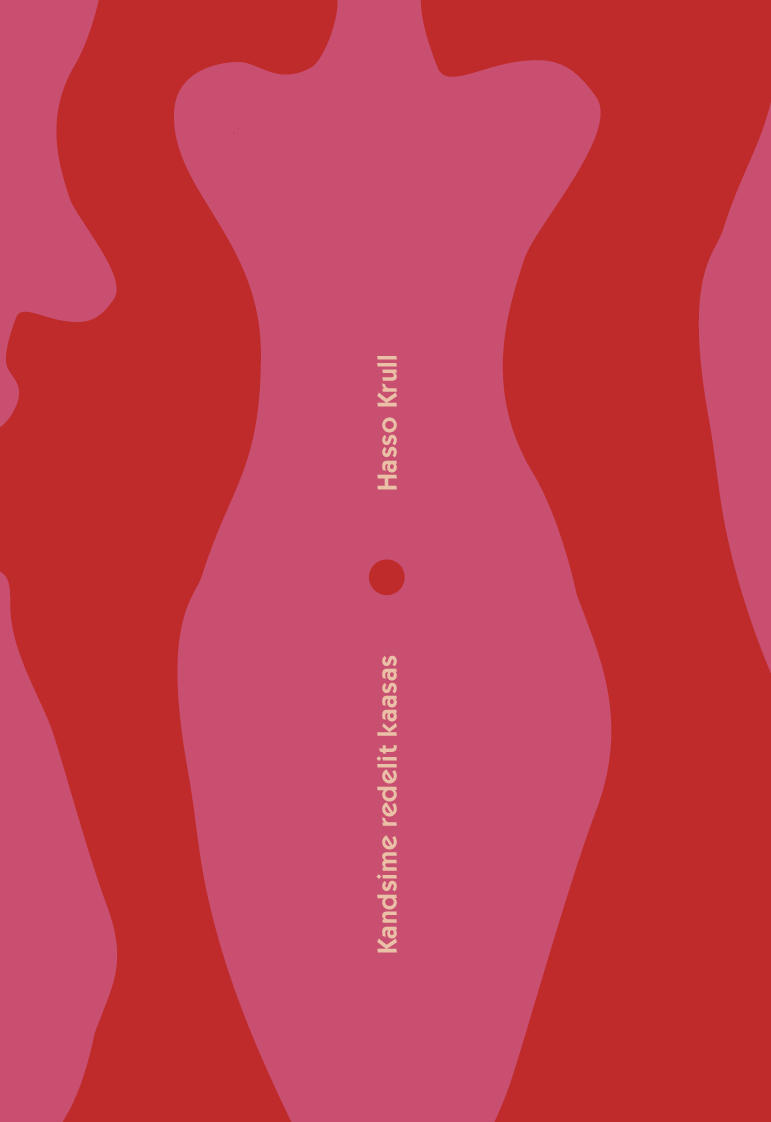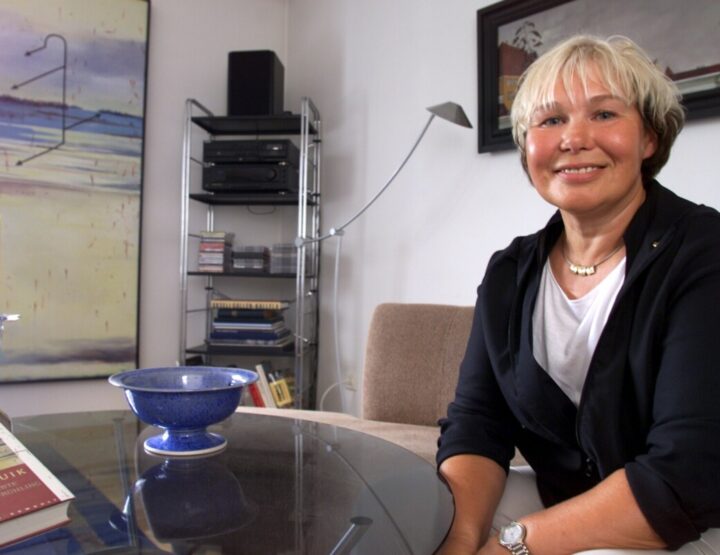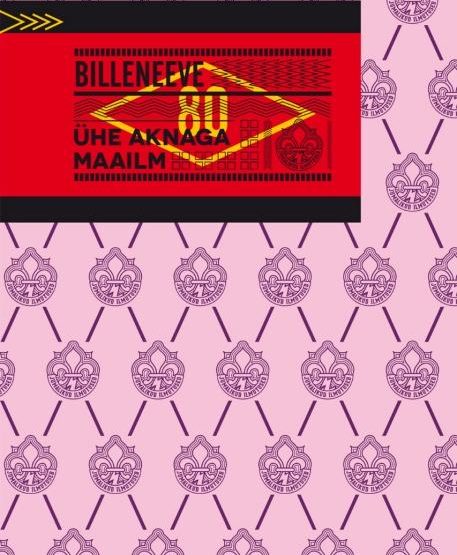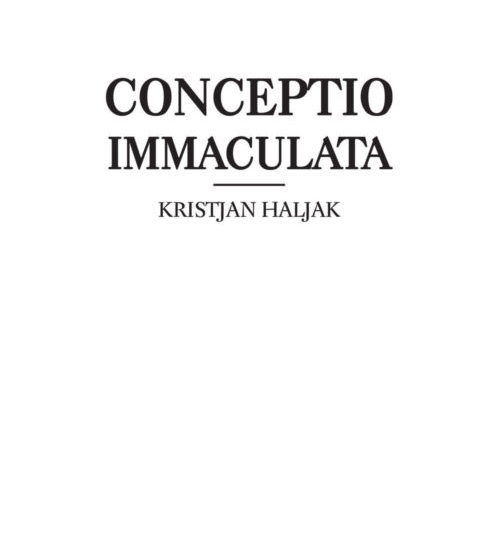Hasso Krull, Kandsime redelit kaasas (We Carried the Ladder with Us)
Tartu, Kaksikhammas, 2017, 64 pp
ISBN 9789949880188
Carolina Pihelgas, whose latest work was released and presented together with Hasso Krull’s, writes in one of her poems “You sit at a table, switch the fork and knife, and already you rise / up into lofty heights” (p. 30): almost an accompanying line to the latter poet’s collection We Carried the Ladder with Us (Kandsime redelit kaasas). Every one of Krull’s poems sets the reader spinning upside down, unusual because of the motivation for the method. Krull doesn’t play tricks just for fun and games, nor does he do it to assert a contrary worldview. He proceeds from the conviction that the world’s amazing pluralism can reveal itself only to those who flicker incessantly between different viewpoints and don’t allow themselves to be misled by the assumption that anything familiar or commonplace can exist in the first place: “an ordinary night no longer exists / nor will one come / so soon […]” Krull writes, quoting the Finnish poet Pentti Saarikoski.
Of course, this requires a rather playful attitude towards the self-observing or self-perceiving position. One might say that, for Krull, positions are like robes in a closet: “I also / have nothing to wear, and where / did that skin go? The beautiful hide I cast off every night, / and those feathers I hung in the closet / in the morning […]” (p. 12). It’s interesting that whereas the human skin is depicted as an encapsulating body in Pihelgas’s collection, it is, in Krull’s poetic world, a delicate and sensitive membrane that relays vibrations: “Skin is diaphanous like a surface of water. / You touch it once, and the whole body / begins to ripple, set entirely in motion” (p. 40).
Overall, We Carried the Ladder with Us delivers a wealth of corporeality and eroticism to Krull’s body of poetry. It appears that the author’s abstractions, which in his earlier works often swelled into a surface of folklore and mythology or contemporary intersections, have here adopted personal memories and direct experience as their subject matter. Through this, Krull’s poetry has become less hermetic and more readable, without losing its soaring intellectualism. On the contrary: Krull is one of the few contemporary Estonian writers who is able to show what mystical variegation may lie in every ordinary moment if we only sharpen our gazes and senses well enough.
Maarja Helena Meriste (1992) is a literary critic, editor, and is pursuing a master’s in literature at the University of Tartu. In 2017, Meriste received the youth
literary magazine Värske Rõhk’s annual award for literary review.





